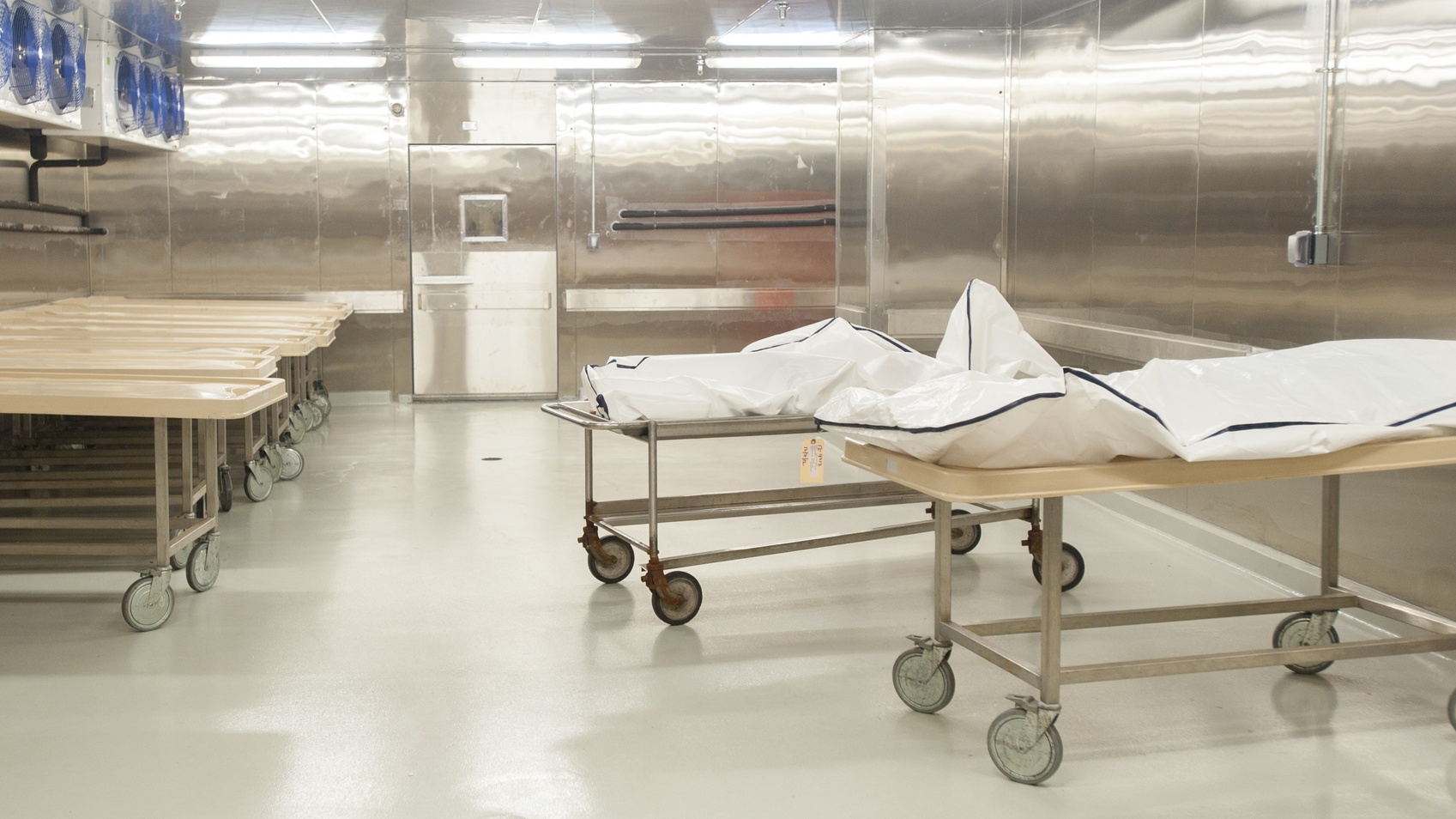In an interview with NBC News, the CEO of the Seattle Indian Health Board revealed the appalling response of the federal government after she asked for help in dealing with the coronavirus pandemic.
Esther Lucero, head of the Seattle community health center, contacted health agencies at the federal, state and county levels in March hoping for some help in addressing the virus' effect on the local Native American population. The center treats about 6,000 people across both Seattle and King County each year, NBC News reported.
She begged for more supplies like personal protective equipment for nurses and doctors as well as COVID-19 tests. It was only after three weeks that she received a response.
"My team turned ghost white. We asked for tests, and they sent us a box of body bags," Lucero told NBC News.
Lucero added they still have the package and noted that it included body tags, which the senders instructed them to attach to the toes of each dead body.
"The Navajo Nation is in a crisis with cases, and there are tribes and other Indian organizations across the country that are in similar crises and can use medical supplies and help instead of watching people die. This is a metaphor for what's happening," said Abigail Echo-Hawk, the health board's CFO.
To make matters worse, both women said even the little package of supplies they did receive was sent to them by mistake from King County's Public Health Department.
Like the Black community, Native Americans across the country have been contracting and dying from COVID-19 at significantly higher rates than most other races. Al Jazeera reported that the Navajo Nation has the third-highest infection rate per capita of any region of the U.S.
According to the Indian Health Service, as of May 5, there have been at least 3,600 confirmed cases across all tribal nations. For the Navajo Nation, which covers parts of New Mexico, Arizona and Utah, the Navajo Epidemiology Center said there have been 73 known deaths and at least 2,530 confirmed coronavirus cases.
Many of the factors contributing to deaths in the Native American community are similar to issues causing widespread deaths in the Black community. Some of the same chronic health conditions plaguing the Black community also decimate the Native American community for similar reasons, as Blavity previously reported.
"When we look at this, it's hundreds of years of systemic racism, chronic underfunding and discrimination at federal and state levels that have really created limited access to health care and other basic necessities," Crystal Echo Hawk, founder and CEO of IllumiNative, told Al Jazeera.
There has also been frustration within the Native American community due to nearly half of all states releasing racial data on coronavirus infections and listing Native Americans only as "other."
“By including us in the other category it effectively eliminates us in the data. We are a small population of people because of genocide. No other reason. If you eliminate us in the data, we don’t exist. We don’t exist for the allocation of resources,” Abigail told The Guardian in another interview.
The federal government has exacerbated the community's issue by delaying disbursement of the more than $8 billion that Congress designated for Indigenous groups in the $2.2 trillion CARES Act. Native American associations were forced to sue the Treasury Department after the money still was not released to them by the end of April.
It's here folks and it's a stunner:
“Defendant has not yet arrived at a determination as to the amounts to be paid to Tribal governments from the #CoronavirusReliefFund under Title V of the #CARESAct."
Read here first ????https://t.co/yNRvY9lJ7L#Coronavirus
#COVID19
pic.twitter.com/48G8U1qISp— indianz.com (@indianz) May 1, 2020
On Tuesday, U.S. Secretary of the Treasury Steven Mnuchin finally announced the government would release $4.8 billion in critical funds available to tribal governments in all states. Some have noted that the money was only released right before President Donald Trump visited Arizona.
The slow rollout of funds is having a negative impact on the states' ability to help Native American communities. By late April, Native Americans made up 16% of Arizona's COVID-19 deaths despite only accounting for 6% of the state’s population, according to the Arizona department of health services. Native Americans represent one-third of all COVID-19 infections in New Mexico, despite making up less than 10% of the population.
As the states begin to open back up, there are growing concerns about whether healthcare facilities will be able to manage the new wave of patients in need of care. The center in Seattle already struggled just to get enough equipment to handle the first wave.
"My questions is: Are we going to keep getting body bags or are we going to get what we actually need?" Abigail said.
The Federal Emergency Management Agency has since sent the health center coronavirus tests, and local organizations have helped provide the PPE they need. But in a statement to NBC News, New Mexico Sen. Tom Udall criticized the federal government's slow response as "the definition of 'too little, too late.'"
